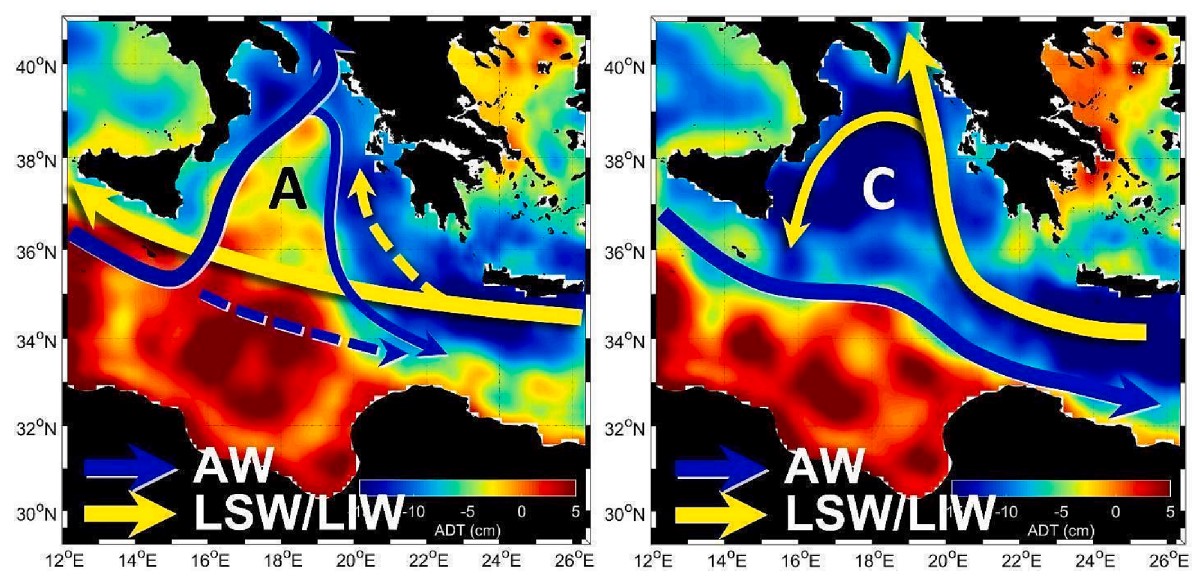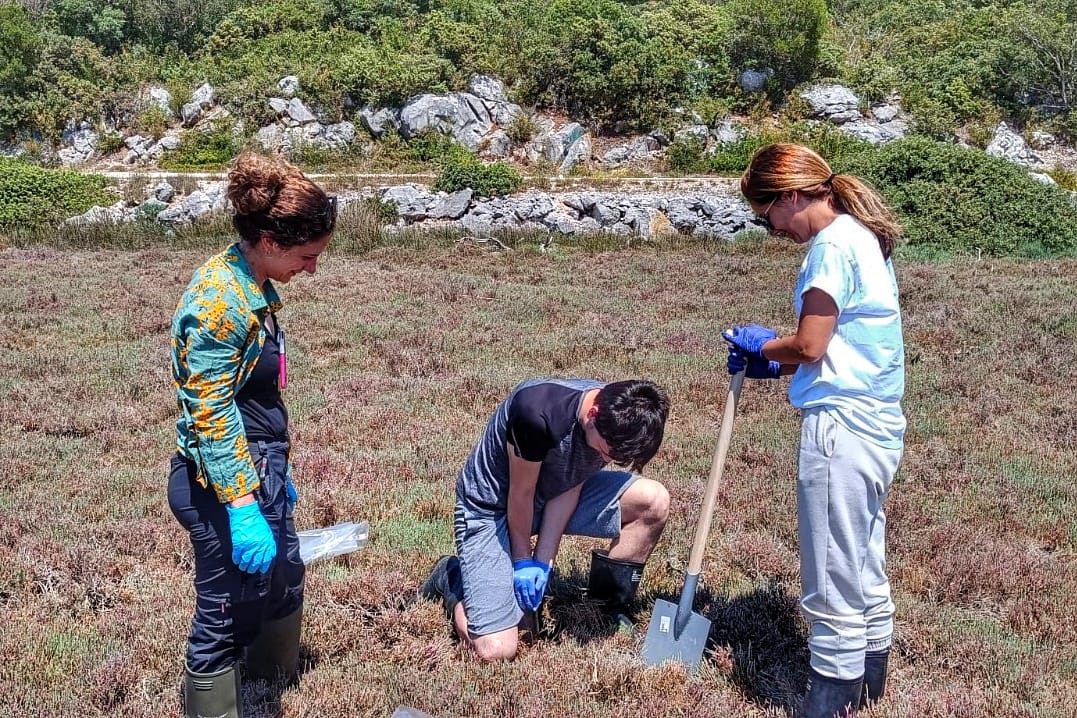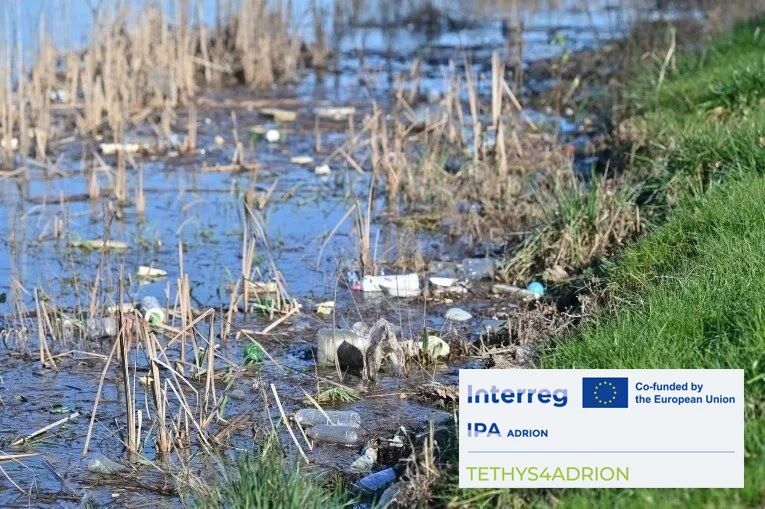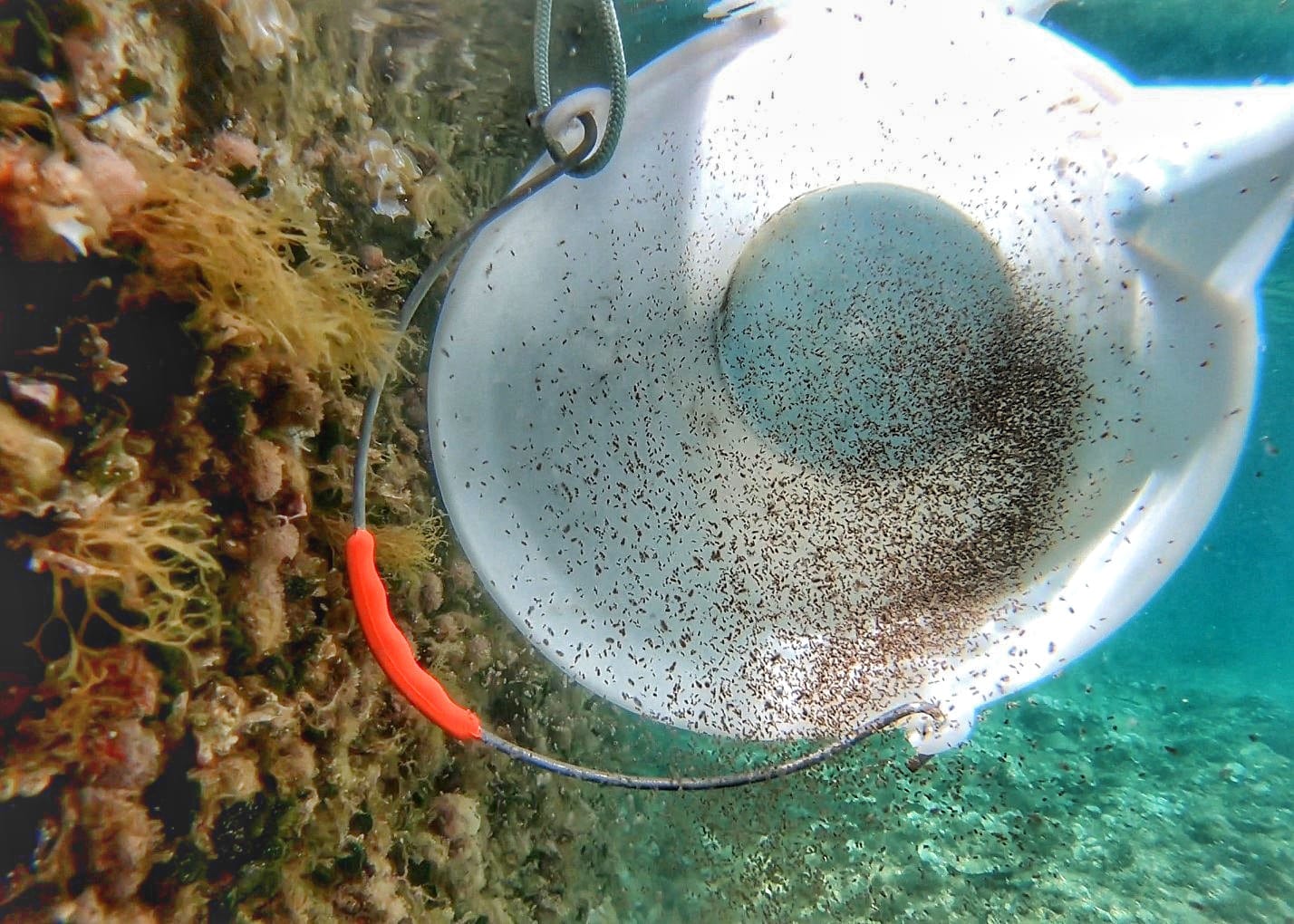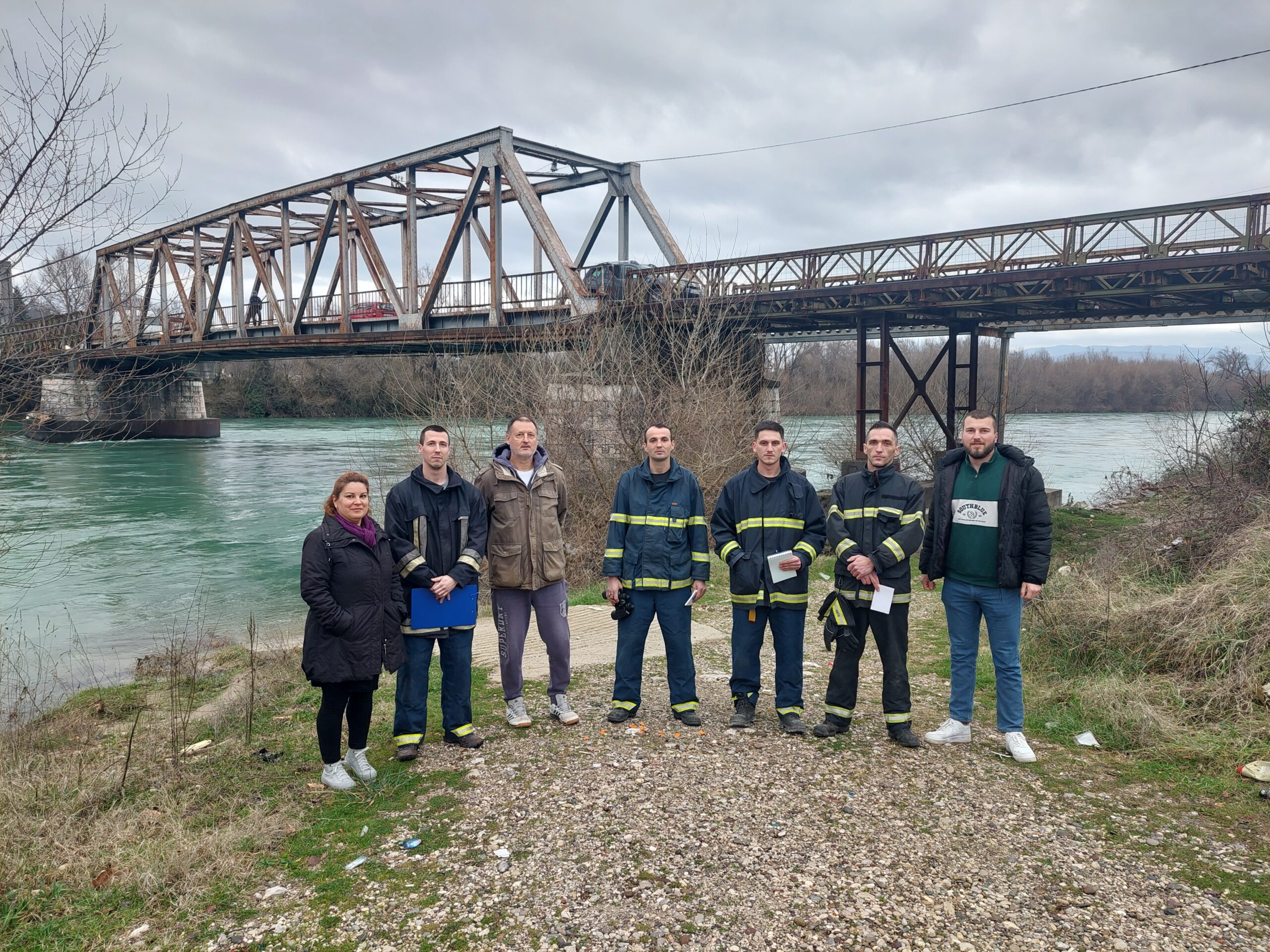In the Adriatic Sea, changes in thermohaline properties occur about every ten years in conjunction with circulation in the northern Ionian Sea. This feedback mechanism is called the BiOS (Adriatic-Ionian Bimodal Oscillating System).
Specifically, if the circulation in the northern Ionian Sea is cyclonic (counterclockwise), high-salinity and nutrient-poor water from the eastern Mediterranean enters the Adriatic Sea. Conversely, anticyclonic (clockwise) circulation results in the inflow of lower-salinity, nutrient-rich water from the western Mediterranean. As a result, the modified-density water exits the Adriatic Sea and influences the circulation in the northern Ionian Sea.
A comprehensive review article entitled “The BiOS Mechanism: History, Theory, Implications” will be published in an upcoming issue of the prestigious journal Progress in Oceanography Volume (https://doi.org/10.1016/j.pocean.2023.103056). This will present the basic theory of the BiOS mechanism and its implications for the oceanographic features of the Mediterranean Sea based on extensive literature published over the last three decades and some new analyses.
This comprehensive review article was prepared by members of an Italian-Croatian research team, led by Dr. G. Civitarese from the National Institute of Oceanography and Applied Geophysics in Trieste. The Croatian team also included Dr. M. Batistić and Dr. R. Garić from the Institute of Marine and Coastal Research in Dubrovnik, and Prof. Dr. J. Dulčić from our Institute of Oceanography and Fisheries.
